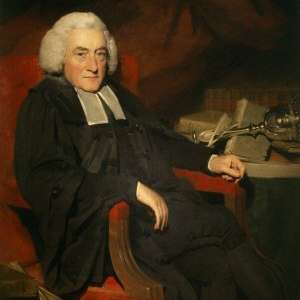
In the spring of 1960, a 29-year-old astronomer with streaks of preternaturally white hair and a devil-may-care attitude set out to tackle one of humanity’s most existential questions: Are we alone in the universe?
Frank Drake, then an astronomer at the National Radio Astronomy Observatory, was gearing up to search for radio whispers from faraway civilizations that might be sailing the cosmic sea. For such a grand quest, he had a budget of $2,000 and access to a radio telescope thought to be sensitive enough to detect transmissions from any potentially broadcasting extraterrestrials.
“Searching for intelligent life was considered bad science in those days,” says Drake, who just turned 90 years old—and is better known to me as Dad.










































